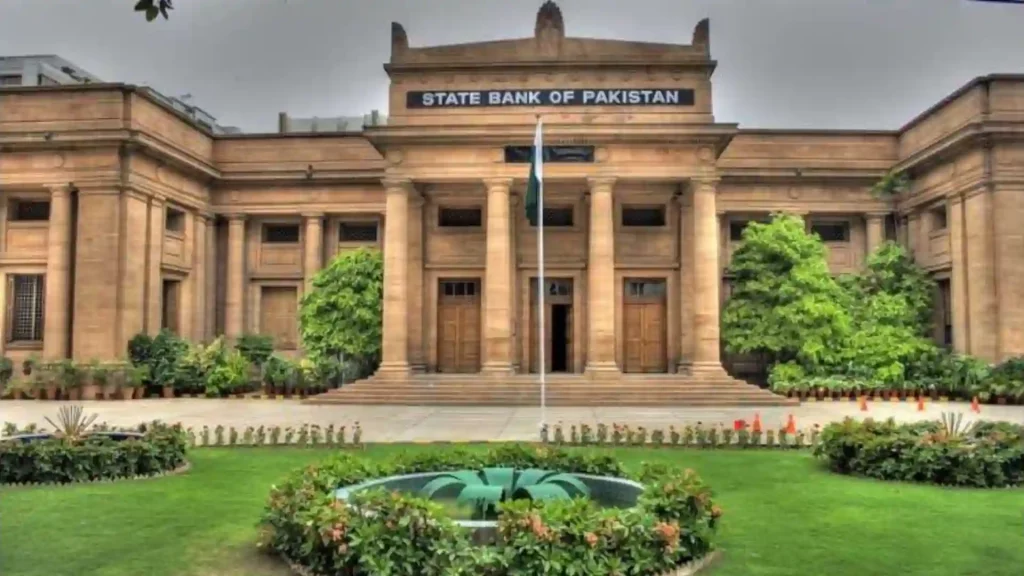Net foreign reserves with commercial banks stand at $5.867 million. Liquid foreign reserves in totality held by Pakistan are clocked at $12.582 billion.
The Central Bank of Pakistan, on Thursday, December 9th, released an official statement revealing that the foreign exchange reserve of the country has toppled by $784 million to a precarious $6.7 billion as accounted on December 2nd. Reserves have fallen significantly, and the country grapples with meeting its external financing obligations. This is the lowest foreign exchange reserve held by the State Bank of Pakistan (SBP) since January 2019.
Net foreign reserves with commercial banks stand at $5.867 million. Liquid foreign reserves in totality held by Pakistan are clocked at $12.582 billion. The bank barely had a month of import cover in November, and the figures have fallen substantially since as it works through decade-high inflation and seeks to bag funds from the International Monetary Fund (IMF).
The tumbling of FX reserves is a likely result of repaying maturing Pakistan International Sukuk and certain external debts, an outflow totalling USD 1000 million. Jameel Ahmad, the Governor of SBP, mentioned the bank had also repaid loans belonging to two foreign commercial banks valued at $1.2 billion. A mutual understanding exists between the banks where the money is expected to be paid back; however, no time constraint has been laid for the same.
Pakistan received $500 million from Asian Infrastructure Investment Bank (AIIB) on November 29th, as brought to light by the Ministry of Finance. This did not reflect in SBP data back then. Certain repayments of debt had been funded with this inflow. At that point in time, the reserves stood at $5.8 billion.
The plummeting reserves have put Pakistan on edge, creating a worrisome situation questioning the ability of Pakistan to meet its debt obligations. It has also fueled potential default risks. The country is in the midst of an economic crisis and is at the foot of recovery from a catastrophic flood that has killed over 1,700 citizens.
There is a pressing need for funds in Pakistan to cushion the current account deficits and pile up debt obligations. An expected amount of $30 billion in external financing would be required this financial year. The $1.2 billion IMF tranche is being delayed as the ninth review gets underway. Ishaq Dar, the Pakistani finance minister, asserts that Islamabad has met all requirements of the IMF programme and sees no reason to delay sanctions. SBP is taking multiple administrative measures to control the outflow of dollars and tame the depreciation faced by the Pakistani rupee.
Pakistan on Wednesday had turned towards long-term companion Saudi Arabia to provide them with an urgent injection of $3 billion in cash. Mr Dar had made a formal request to the Saudi ambassador, Nawaf Bin Said Al-Malki, on the second day of meetings with foreign diplomats in an effort to seek financial support.
The country’s foreign exchange reserves have shrunk to a dangerously low zone, and the $6.7 billion is not enough reserve to service the $8.8 billion principal sum and interest payments during the fourth quarter of this fiscal year (January-March 2023).
Islamabad had previously secured a financial support package deal with Saudi Arabia and China on October 4th in an attempt to steady the frail economy. It was an attempt to ease the suffocating economy by adjudicating a $3 billion deposit in addition to gaining an extra $1.2 billion for deferred payments. The request made on Wednesday will suffice for another $3 billion rollout from the shores of Saudi Arabia.
The State Bank of Pakistan assures that debt repayments are on track and foreign exchange reserves shall gradually climb up the ladder by the end of the current fiscal year.
